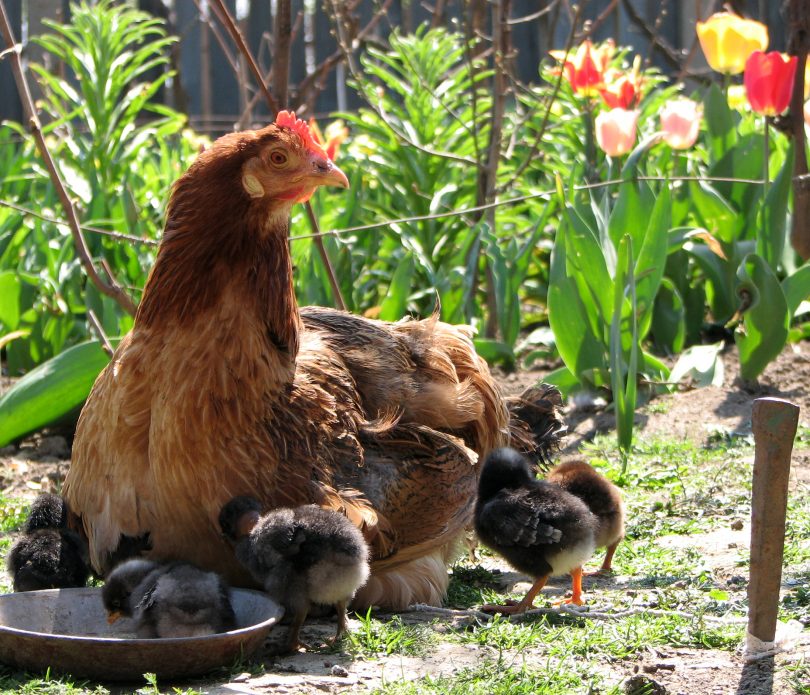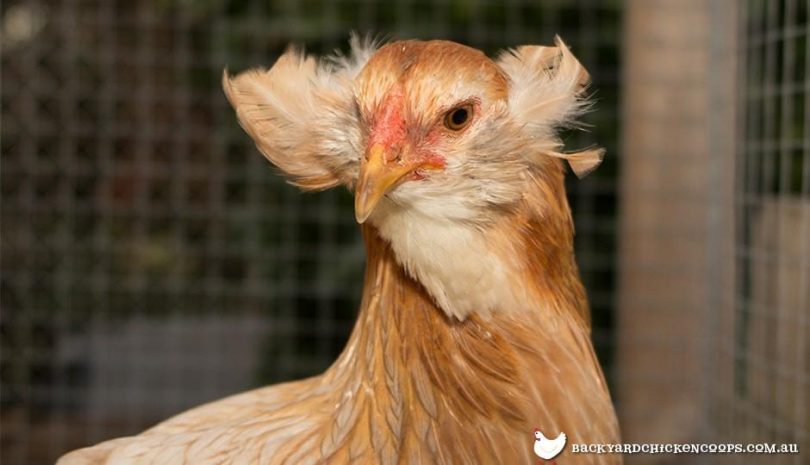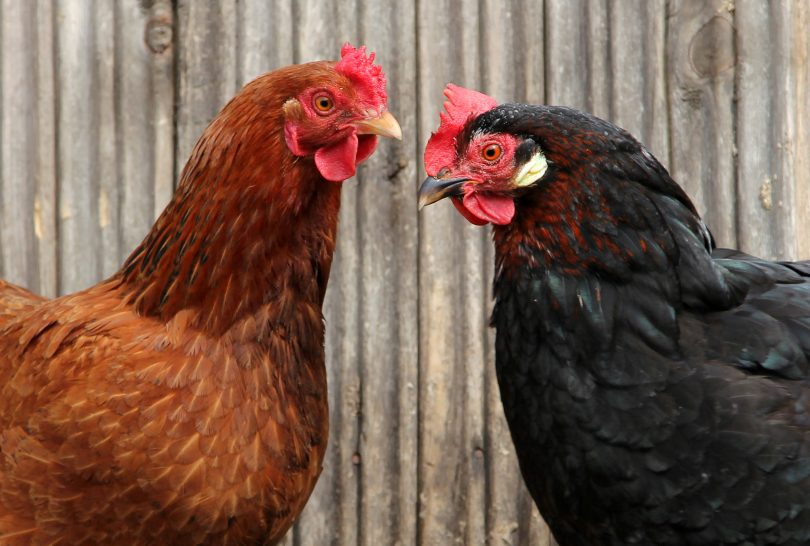
How to introduce a new chook to the flock.
Chickens need a pecking order, a secret hierarchy within the flock where everyone knows their place. It defines who sleeps with whom, who gets food first, and who’s the boss of the others. In times gone by this set of rules helped to protect the flock, keep them strong, and made sure limited resources were spread around.
When newcomers are added to the flock, a pecking order needs to be re-established.
Some chickens can be tolerant, even welcoming of a newcomer. But others can be vicious, bossy and relentless, especially with younger or weaker ones in a flock. You may need to separate the bullies out for a while.
Introducing birds of similar age and size will help reduce fighting.
Here are a few practical tips to help new chickens adapt:
- A splash of apple cider vinegar in their water will help manage stress;
- Introduce two or more birds at a time;
- A gang of fit, young birds may stress older, mature chooks who may retaliate and pick on the young ones;
- Young chicks need to be at least four to six weeks old so they’re speedy and strong enough to duck and weave their way to safety from an older brute;
- It helps to have good hidey spots and escape routes for them like a big open chook wire so that chicks can get through but not larger birds;
- Add new birds at night, but be ready to manage early morning arguments;
- Ideally, you’ll keep new birds, especially young chicks in a separate fenced-off run within the yard for a week to acclimatise. They’ll be more likely to be nice when beak to beak;
- Food is a good leveller, spread it far and wide for a flock of new friends. Dangle a lettuce or cabbage ball;
- Control disease by keeping new birds separate at first. But it’s better to check each bird before acquiring for mites or lice, scaly leg, a good bright comb, clear eyes and nostrils;
- Keep new boys separate at first, otherwise they’ll fight over the young chicks who will suffer from too much mounting and aggression as the boys fight over them, literally!
Chickens rely on each other in so many ways. It matters that they all get on, a bit of attention from you will grease the wheel.

Araucanas bring such beauty to the eye. Photo: backyardchickens.com.au
Breed of the Month – The Araucana
Origin: Chile, South America.
Do they cluck in Spanish? I don’t know…. but they are well known for their lovely temperament and laying of beautiful blue, sometimes turquoise eggs.
With their big (or little) beautiful tufts, tight body shape and beautiful range of colours – Lavender, Blue, Black, White, Cuckoo and Old English Game, they bring such beauty to the eye. Add to that they’re super smart and like the company of people.
Araucanas are good layers (five to six eggs per week) and suited to hot and cold climates which makes them an ‘eggsellent’ choice for your backyard if you have a bit of space for them to range.
The males can be a bit feisty and don’t get along with other roosters but for people, they can be the greatest pets, very entertaining to watch, alert and protective.
I can thoroughly recommend Araucanas for the beginner or the backyard breeder who wants a tough chook that can cope with any conditions.
There are lots of Araucana sites, breeders and information out there if you are keen to add this wonderful, handsome chook to your flock.

Happy chooks!
Cheryl Nelson is the brains and heart behind Natural Chicken Health.
Subscribe HERE to the Natural Chicken Health Monthly Newsletter Vlog and follow Natural Chicken Health on Facebook.






